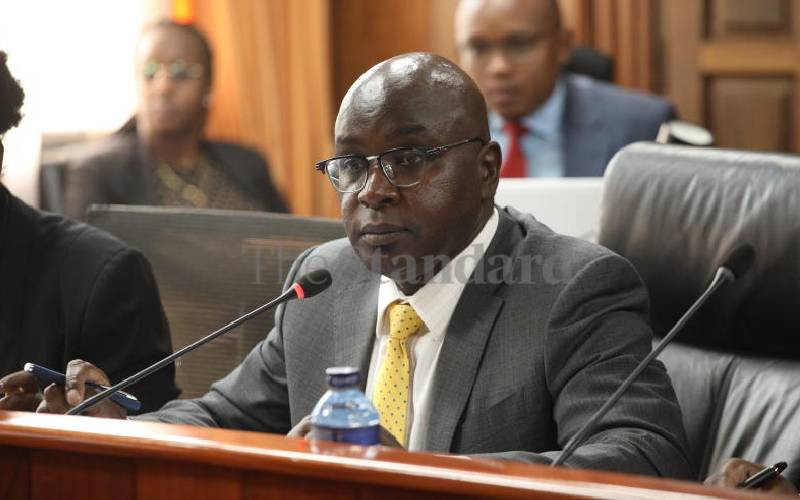×
The Standard e-Paper
Kenya’s Boldest Voice

The recent High Court ruling nullifying the skewed recruitment of revenue clerks by the Kenya Revenue Authority (KRA) confirms the fears of systematic alienation of some communities from State appointments by the Kenya Kwanza regime.
The bold judgment is not only a serious indictment of the exclusionist policies being implemented by the regime, but stark proof of ethnic profiling on appointments in the public service.